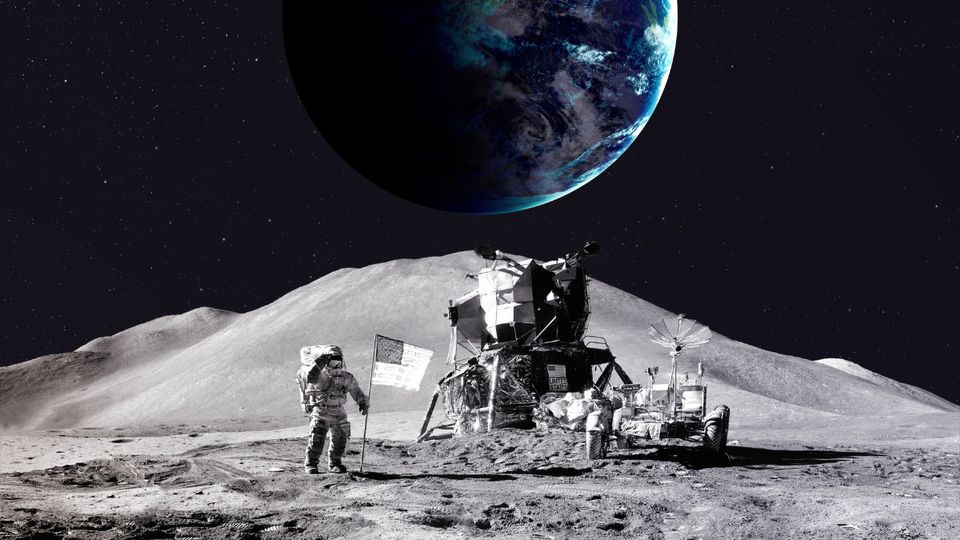NASA chief : Space Race Has Begun China, Russia, Canada

NASA Administrator Bill Nelson has indicated that with Canada taking on a greater role in a space exploration plan that includes the first crewed mission to the moon in 50 years, there will be a need to consider keeping up with China.
CTV's Power Play hosted an exclusive discussion with NASA Administrator Bill Nelson, where he talked about the dynamics of space relationships with Russia and China, as well as the ongoing involvement of Canada in the exploration of deep space.
The competition is with China, in a space race to reach the Moon. According to Nelson, despite the ongoing conflict in Ukraine causing global tensions with Russia, NASA's relationship with Russia's cosmonauts remains robust. He further mentioned that he perceives a lack of transparency from China's space agency.
Canada is less inclined to describe it as a race to be the first to reach the Moon.
Artemis II is the initial crewed mission to the Moon since 1972 and will feature Canadian astronaut Jeremy Hansen as part of its crew, making him the first non-American astronaut to journey to the Moon.
At present, China's ambitious space program has initiated several lunar missions, including landing a lunar rover in 2019 and aiming to establish a lunar research station within the next ten years. This coincides with the timing of the upcoming Artemis II mission to the Moon.
Additionally, the timing of the Artemis II mission coincides with high terrestrial tensions between Russia, which has a long-standing partnership with NASA in space exploration, and western allies of Ukraine, including the U.S. and Canada, due to Russia's ongoing invasion.
According to Nelson, the disparity between space partnerships is strikingly evident.
According to him, "We have been cooperating with the Russians in civilian space since 1975. Despite the Cold War tensions back then and even today, we continue to have a cooperative and peaceful partnership with them.
He highlighted that Russian cosmonauts and NASA astronauts work alongside each other in the International Space Station, demonstrating their trust in one another by frequently entrusting each other with their lives.
Nelson remarked that there is a stark contrast between how the International Space Station was built with the Russians compared to the Chinese government. He noted that the Chinese are secretive and non-transparent, and do not share crucial information such as the trajectory of their tumbling rockets. This is in contrast to the cooperative approach taken with the Russians in building the ISS as part of the civilian space program.
In 2021, China came under scrutiny from NASA for its handling of space debris following the descent of a rocket's remnants into the Indian Ocean. Although China's space agency countered that most of the debris burned up during reentry, the US has accused China
According to Nelson, the ongoing conflict in Ukraine has not affected the relationship between NASA and Russia's space agency. He stated that the cooperative relationship between the two organizations has remained steady and professional, without any interruptions. As he emphasized, the collaboration between Russia and the United States is essential to operate the International Space Station.
Nelson expressed that the upcoming mission to the moon will be distinct from previous lunar missions as it will be focused on exploring the South Pole. Additionally, the mission's objectives have evolved beyond simply landing and returning to Earth. Instead, the aim is to study the moon, establish a long-term presence, conduct research, and develop new technologies that will enable humans to explore the cosmos beyond our planet.
Both China's and the US's lunar exploration programs are focused on establishing research stations at the South Pole of the moon. China's space agency has announced their plan to build a lunar research station in the same region within the next 10 years, which would coincide with the US's own mission.